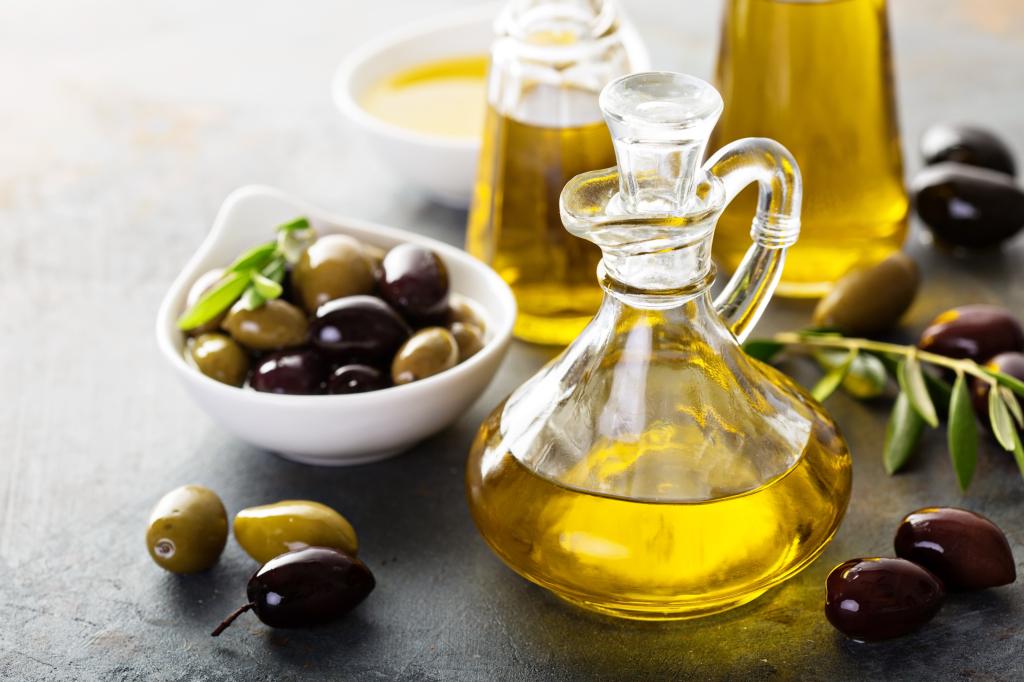
Change your oil.
Whether you’re sipping a spoonful, drizzling it on your ice cream, or pouring it into your coffee, health experts tend to agree — there’s no wrong way to get olive oil into your diet.
Sometimes referred to as liquid gold, olive oil is the queen of the fats — monounsaturated and packed with antioxidants and other healthy compounds you won’t find in animal or processed fats.
Research suggests that those who make the switch will also enjoy a long list of health benefits.
What are the health benefits of olive oil?
You may want to sit down for this one.
One of the most commonly referenced benefits of olive oil is its use as a natural laxative.
Constipation — infrequent or uncomfortable bowel movements — is the most common gastrointestinal complaint and pushes millions of Americans to book pricey doctor visits every year.
“Constipation happens because your colon (large intestine) absorbs too much water from your poop. This dries out your poop, making it hard in consistency and difficult to push out of your body,” according to a paper published by the Cleveland Clinic.
Olive oil can help relieve this issue — the fats help soothe the inside of a person’s bowel and soften stool by helping it absorb more water.
Studies have also shown that adding more olive oil to your diet may decrease your risk of dying from dementia — the seventh leading cause of death, according to the World Health Organization.
REUTERS
“Some antioxidant compounds in olive oil can cross the blood-brain barrier, potentially having a direct effect on the brain,” Dr. Anne-Julie Tessier of Harvard said. “It is also possible that olive oil has an indirect effect on brain health by benefiting cardiovascular health.”
Olive oil is also a major element of the Mediterranean diet, which has repeatedly been shown to lower the risk of cardiovascular disease — specifically coronary heart disease — and the risk of death from any cause.
Other studies have shown that more than half a tablespoon of the oil can lower the risk of dying from cancer, neurodegenerative disease and respiratory disease.
When should I drink olive oil?
Sipping one or two tablespoons of olive oil early in the morning on an empty stomach is especially beneficial.
Doing so allows the oil to line the stomach to aid digestion, expelling waste and regulating the intestinal microbiota throughout the day.
ELIAS MARKOU/EPA-EFE/Shutterstock
What type of olive oil should I buy?
Certain variations of olive oil use heat to extract as much juice from the fruit as possible.
However, extra virgin olive oil is created using a cold-pressing process and left unrefined, allowing it to retain some of the antioxidants and bioactive compounds.
Experts suggest doling out a tablespoon of extra virgin olive oil, to slurp up as many nutrients as possible.
